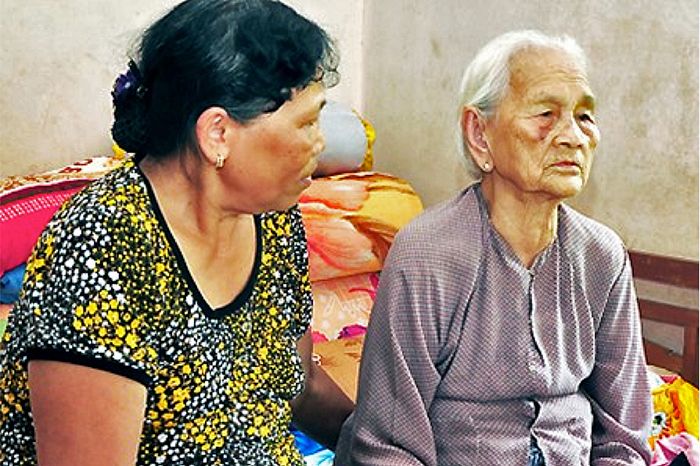Tourists feeding wild monkeys on Son Tra Peninsula are posing a serious risk to both the health of the animals and the safety of people around them.
Son Tra, a tourist destination in Da Nang, is home to unique and endangered primates like the red-shanked duoc and more common ones such as the Indochinese rhesus macaques.
According to Tuoi Tre, over the past few years, tourists have been feeding wild macaques that used to live deep in the forest. As a result, the monkeys have lost their sense of fear and now actively seek food from humans.
Dr. Asmita Sengupta from the Ashoka Trust for Research in Ecology and the Environment (ATREE), who conducted research on the impacts of humans feeding rhesus macaques, writes: “Human food products are calorie-rich and an easily digestible source of food for macaques. However, these foods can cause hormonal imbalance, elevate stress levels, increase inter-group aggression, and change reproductive patterns.”
VnExpress reported that a troop of more than 50 macaques often looks for food in the garbage dump behind the Linh Ung Pagoda. The monkeys are likely to contract intestinal diseases from the rotten food. Moreover, some short videos show that some monkeys are suffering from hair loss after consuming salty food or fish sauce.
Dr. Ha Thang Long, a representative of the Frankfurt Zoological Society in Vietnam, told Tuoi Tre that impacts on monkeys health might be a “technical” mistake; however, mother monkeys instructing their children to beg for food from humans can change natural habits and instincts of the younger generations. The macaques becoming dependent on provisioned food can be a serious problem, especially when they play a crucial role in dispersing plant and tree seeds throughout the forest.
The research by ATREE also shows that rhesus macaques fed by humans can slowly turn aggressive and attack visitors and local communities. Lao Dong reported that various groups of macaques had been actively approaching Linh Ung pagoda and nearby roads to get food from humans by begging or even robbing and scratching visitors.
There are also warnings about disease transmission between humans and monkeys. Bui Van Tuan, head of the research division of GreenViet Biodiversity Conservation Center, highly recommended parents not to let their children play with the monkeys. As children and male macaques are of similar height, children are vulnerable when macaques stand up and grab food.
[Photo via VnExpress]














